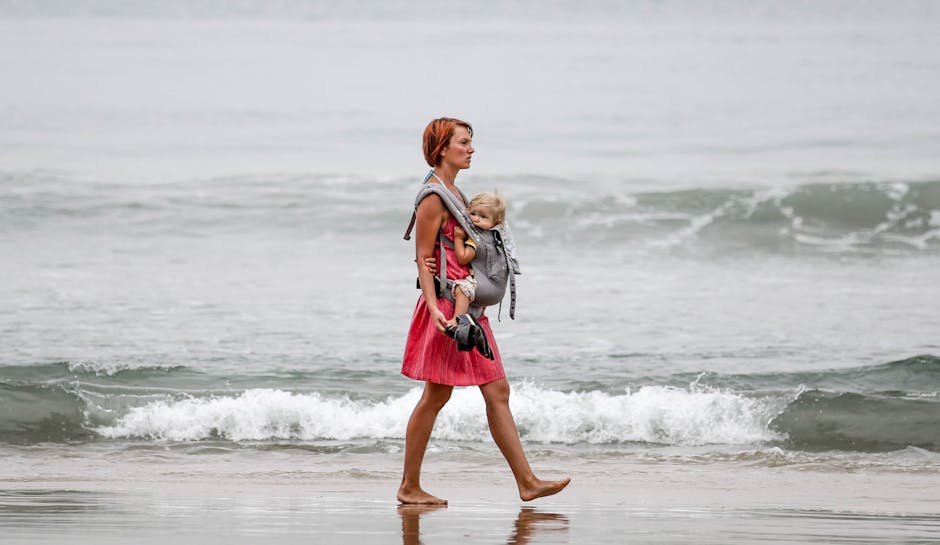In a heartbreaking incident in Kerala’s high ranges, a one-and-a-half-year-old infant has died of a snakebite in Idukki district. The devastating event, which occurred in the early hours of Tuesday, is a tragic reminder of the increased risk of human-wildlife conflict during the monsoon season.
The Heartbreaking Incident in Adimali
The infant, the child of plantation workers in a settlement near Adimali, was reportedly sleeping with its parents when a venomous snake, believed to be a krait, entered their home. According to sources, the parents were woken by a faint cry but could not immediately identify the cause of distress in the darkness.
It was only when the child’s condition worsened rapidly that they discovered puncture marks on its leg. A frantic race against time began as the parents and neighbours rushed the infant to a nearby primary health centre. They were redirected to a larger taluk hospital with anti-venom facilities, but tragically, the potent neurotoxin had already caused irreversible damage. The child was declared dead shortly after arrival, leaving the family and community shattered.
Why Monsoon Season Increases Snakebite Risk
This tragedy underscores a harsh reality for residents in Kerala’s rural and forested areas. As heavy monsoon rains flood the natural habitats of reptiles, they seek shelter and warmth in dry spaces, which often leads them into human dwellings. Venomous snakes like the common krait and Russell’s viper become unwelcome and deadly visitors.
Speaking to NextMinuteNews, wildlife expert and herpetologist Dr. Sandeep Varma explained, “The risk of snakebites multiplies during the monsoon. Kraits, in particular, are nocturnal and their venom is highly neurotoxic. A bite can be deceptively painless initially, which is especially dangerous for a sleeping person or a small child who cannot articulate the problem. It’s a silent killer.”
Healthcare Accessibility in Remote Regions Under Scrutiny
The incident also brings the critical issue of healthcare accessibility into sharp focus. While Kerala has a strong public health system, the crucial “golden hour” after a venomous snakebite is often lost while navigating difficult terrain, especially at night during heavy rains. Activists have long called for equipping all primary health centres in vulnerable areas with adequate anti-venom stocks and trained staff, a measure that could prevent such fatalities.
Local authorities have expressed their condolences and promised a full inquiry. A forest department official noted that while awareness campaigns are conducted annually, this incident proves that more must be done to protect vulnerable communities. For now, a life that had just begun has been cruelly cut short, serving as a painful symbol of a recurring problem that demands better housing, increased awareness, and immediate, accessible medical care.




